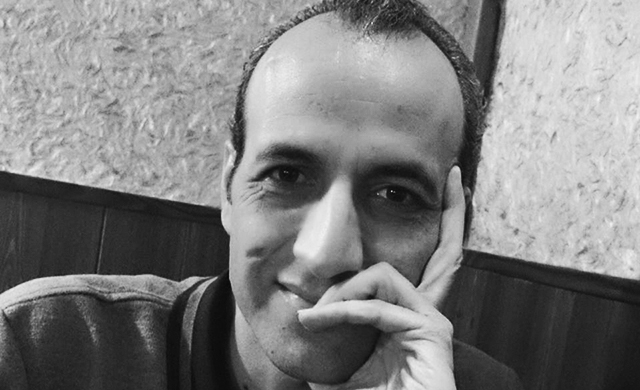Political Prisoner To Be Tried for Contacting UN Human Rights Expert

Told by Interrogators to Deny Violations Cited in Special Rapporteur’s Report
An Iranian civil activist, Seyed Mohammad Ebrahimi, will be put on trial on new charges of contacting the UN Special Rapporteur on the situation of human rights in Iran.
Ebrahimi is accused of contacting the UN’s Dr. Ahmed Shaheed, from prison, to report to the Special Rapporteur on the condition of political prisoners who are ill. Iranian prison officials routinely deny even critically needed medical care to political prisoners.
Ebrahimi’s new trial, scheduled for this week, has been postponed till July 2015, after the Judge in Branch 28 of the Tehran Revolutionary Court agreed to an extension. The civil rights activist, who is currently on medical furlough, confirmed his trial on new charges in an interview with the International Campaign for Human Rights in Iran.
“On March 13, 2014, while I was serving my sentence inside Evin Prison’s Ward 350, they transferred me to a solitary cell inside Ward 209 without any explanation, and without [producing] any evidence, accused me again of having had a telephone conversation with Ahmed Shaheed, the UN Special Rapporteur on the situation of human rights in Iran from inside the prison, and conveying information to him about the situation of sick political prisoners,” he told the Campaign. He added that his interrogator had put him under pressure to confess to the phone call, and to “deny everything in [Dr. Shaheed’s] report [to the UN Human Rights Council].”
Ebrahimi told the Campaign that his interrogators threatened to kill him under torture, telling him, “If you don’t confess to contacting Shaheed, we will do what we did to you in 2010, and then you will have to forget about everything, because this time, instead of sending you to Aminabad [Psychiatric Hospital], we will send you to the cemetery to be buried next to Sattar Beheshti [the blogger who was killed under interrogation while in police custody in November 2012].”
Seyed Mohammad Ebrahimi is affiliated with the Mourning Mothers, a group of family members and supporters of individuals executed or killed in prisons or in demonstrations. He was arrested on December 13, 2010, on charges of “insulting the Supreme Leader,” “acting against national security,” and “participation in a soft war against the state,” and spent eight months in solitary confinement inside Security Wards 209 and 240 at Evin Prison.
Ebrahimi told the Campaign that during his interrogations, he was tortured and forced to provide televised confessions. Severe physical and psychological torture during his interrogations led to Ebrahimi’s nervous breakdown in 2011, and he was transferred to Aminabad Psychitaric Hospital in Tehran. However, security forces returned him to prison before his treatment was completed. He was sentenced to five years in prison in 2011.
Ebrahimi told the Campaign that during his four-year imprisonment, he has been deprived of access to suitable medical treatment inside and outside the prison. The Prosecutor finally agreed to release him on medical furlough on September 15, 2014, after he was transferred to Tehran’s Atieh Hospital for severe kidney bleeding, lung complications, and four broken teeth sustained during interrogations, after 64 days on hunger strike inside Evin’s Wards 240 and 209.






